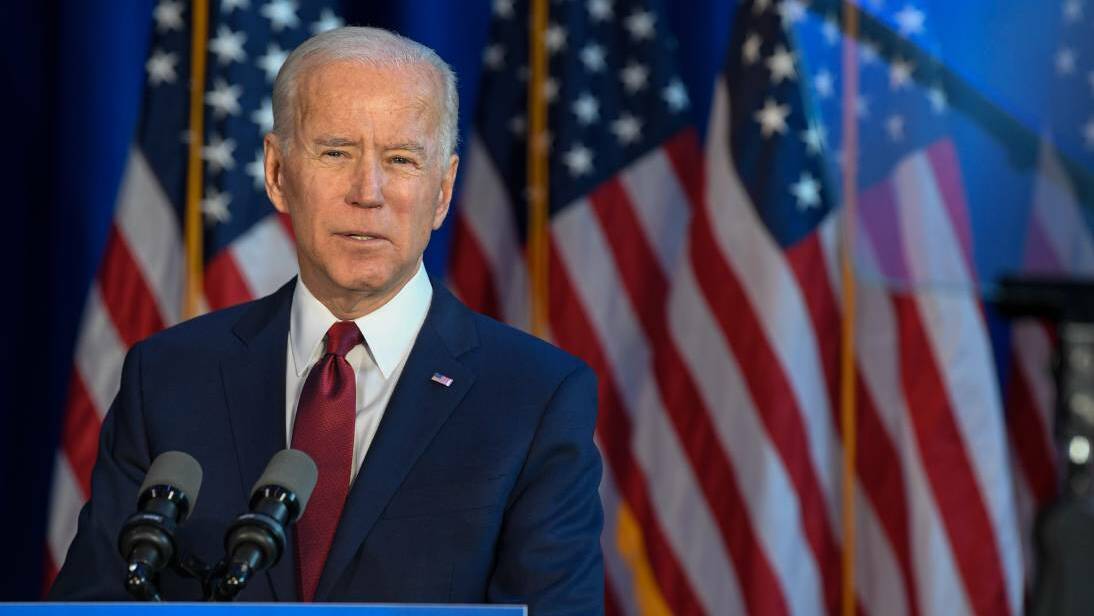
President Joe Biden's reaffirmation of the United States' commitment to Taiwan as "rock solid" during an address to the Association of Southeast Asian Nations summit could be seen as an attempt by the West to drive a wedge between ASEAN and China.
Subscribe now for unlimited access.
$0/
(min cost $0)
or signup to continue reading
Although Taiwan is not a member of the association, it is closely aligned with ASEAN and has strong links with most of the 10 member states. The majority of these, like Taiwan, have shorelines on the South China Sea, the strategically and commercially significant body of water over which Beijing is trying to exert almost total control.
Mr Biden said the US was "deeply concerned by China's coercive ... actions [towards Taiwan]" and that they "threaten regional peace and stability". He said the US would stand with them in defending freedom of navigation in the South China Sea and democratic principles in the region.
And, in an even more significant development, he foreshadowed talks with "partners in the Indo-Pacific" about developing a regional economic framework. The possibility this could foreshadow a fresh challenge to Beijing's "soft power" Belt and Road Initiative should not be ruled out.
Mr Biden's remarks came less than a week after he said the US was committed to coming to Taiwan's defence. These, and other recent developments including the AUKUS treaty, the nuclear subs deal, and Telstra's recent taxpayer-funded purchase of the South Pacific's largest mobile phone carrier in a pre-emptive strike against China Mobile, are all evidence tensions are rising and Taiwan is a likely flashpoint.
China has adopted an aggressive "wolf warrior" stance towards the West under Xi Jinping's leadership and it is understandable the West is pushing back on numerous fronts, including forming stronger ties with other nations in the region.
READ MORE: Australia farewells Bert 'Moonface' Newton
AUKUS is one example of this. "The quad" is another. The establishment of a "comprehensive strategic partnership" between ASEAN and Australia at this week's summit is also significant. The strategic partnership has a strong economic element, with the Prime Minister committing $154 million towards health, energy security, counter-terrorism, transnational crime, and pandemic recovery projects.
While all of these measures are fair and reasonable given Beijing's aggressive stance, there is a grave risk that as the war of words escalates, the new cold war could get hot very quickly. Biden and Xi Jinping are due to hold a virtual summit in November to try to move relations in a more "constructive direction".
Given both leaders know any conflict between the Chinese hegemony and the Western bloc would be mutually disastrous it is to be hoped they will stop the nationalistic posturing and endeavour to bring about a sustainable détente.
What do you think? Send us a letter to the editor:

